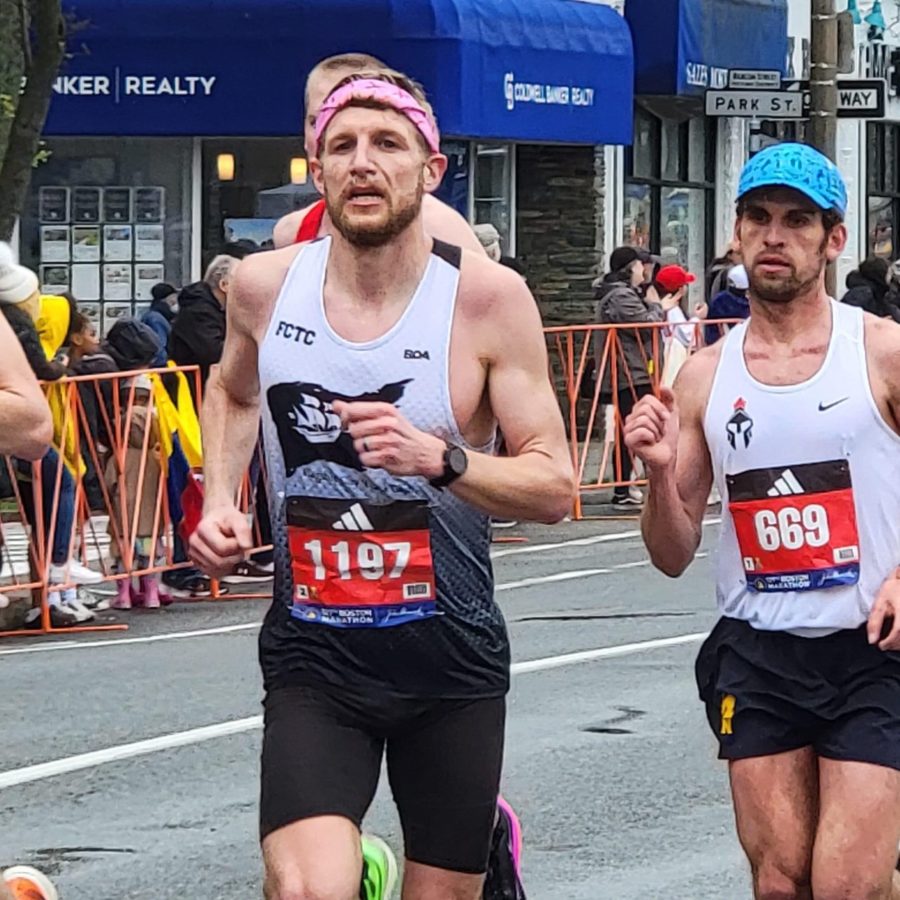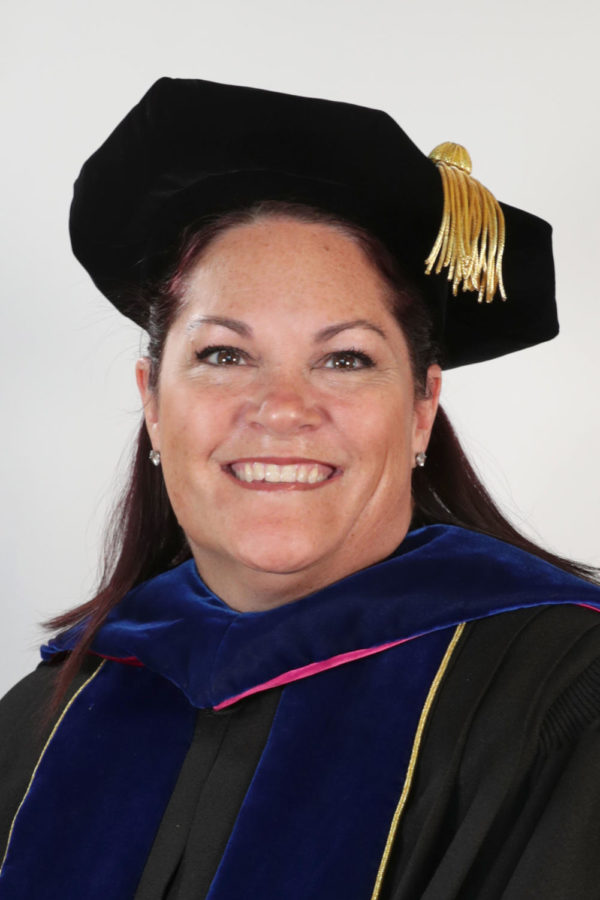Headline after headline of recent national newspapers showcase the deaths of teens that have taken their lives after being bullied about their sexuality.
Even popular celebrities such as Lady Gaga have been huge advocates against this kind of bullying.
With such national awareness, does this type of discrimination occur at Mercyhurst?
Father Jim Piszker, chaplain in the Campus Ministry office, has recently organized the group called LGBTQ Allies, or the “Safe Network.”
When asked if he had any students come to him about being bullied at Mercyhurst, Piszker said that he had.
“I do believe that it is a problem, as incidents of bullying or harassment have been brought to my attention and to the attention of others with whom we have worked,” said Piskzer.
“I do not think it is a large issue, but any behavior of this type must be dealt with in an appropriate way,” he said.
The LGBTQ Allies is a set list of faculty and staff that have been trained to counsel students that are being bullied as a result of their sexuality.
According to the Mercyhurst University website, the goal of this program is “to provide an environment that is safe and healthy for all students, but particularly those who may be subject to bullying, intimidation or outright prejudice while appreciating the parameters beyond which we cannot go as a Catholic Institution of higher learning in the Mercy tradition.”
Because this is a Catholic institution, “homosexual activity is seen as outside of the boundaries of what would be considered appropriate and normative for sexual expression,” according to the website.
It is important to the Catholic Church, however, to “condemn any kind of discrimination, injustice or violence,” meaning that this type of bullying is intolerable.
The Allies also coincide with the mission statement and core values of Mercyhurst, especially those calling students to be socially merciful and compassionately hospitable.
“The university’s mission statement and core values flow from an appreciation of the ‘dignity of the human person,’ a cornerstone ethical and moral understanding of the Catholic Church,” said Piszker. “Appreciate that everyone on this campus (and elsewhere) must be treated with basic human respect so as to acknowledge their dignity as human persons, made in the image and likeness of God.”
This is also an issue that may stretch beyond the limits of bullying strictly against LGBTQ individuals.
“I have no direct evidence, but my sense is that it probably goes beyond the LGBTQ community, possibly in ways that some people generally do not understand or appreciate,” Piszker said.
It is important to understand what bullying actually is.
According to online sources, bullying is “an act of repeated aggressive behavior in order to intentionally hurt another person physically or mentally.”
Piszker said, “It may not have to be at the level of ‘bullying’ to constitute ill treatment of another person. It can include ignoring people, shunning people, talking negatively about persons behind their backs, using inappropriate language in a derogatory way, etc.”
This program will undoubtedly be a vital tool for students struggling with discrimination in any form, but especially those in the LGBTQ community.
“This exercise is only going to make us a much better community, a much healthier community and provide a desirable atmosphere in which students may live and work,” Piszker said.




